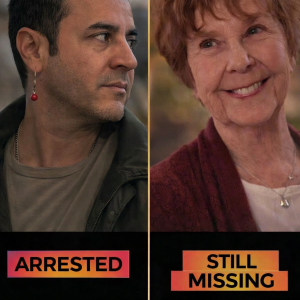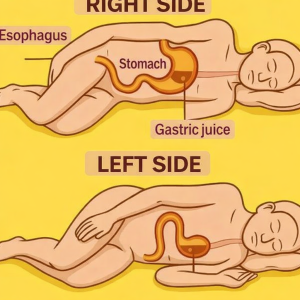The Supreme Court’s forthcoming decision in Louisiana v. Callais could redefine American redistricting and alter congressional power. The case questions Section 2 of the Voting Rights Act, a central protection against racial discrimination in elections. Limiting or overturning it could let states redraw maps favoring Republicans, potentially granting them up to 20 more House seats and reshaping how minority voters are represented.
Since 1965, Section 2 has prevented states from fragmenting minority populations to weaken their influence. Supporters argue it ensures fair representation, while opponents claim it enforces unconstitutional racial standards. Analysts warn that a rollback could allow GOP-led states such as Louisiana, Alabama, and Texas to redesign up to 27 districts, reversing previous rulings that strengthened minority voting power.
Legal scholars emphasize that the Court’s ruling could mirror the effects of Shelby County v. Holder (2013), which limited federal oversight of voting laws. Expected in early 2026, the decision may narrow protections without fully ending them, but either outcome will profoundly affect the nation’s political balance and the future of voting rights in America.





